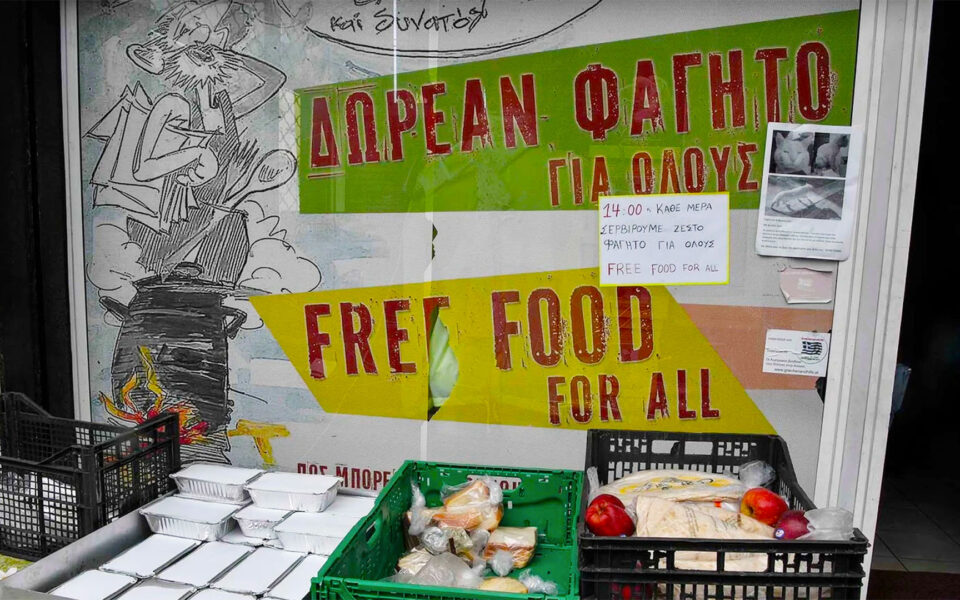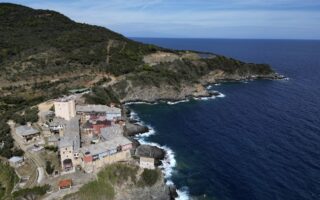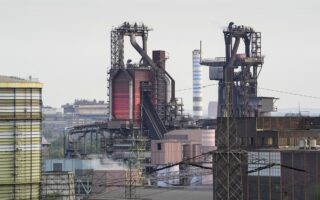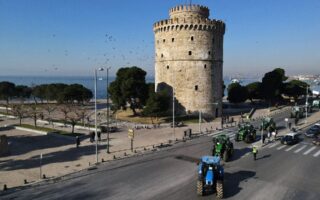Dragging solidarity through the mud

Suspicion of humanitarian organizations is not a Greek hang-up; it’s universal. The case of the United Nations Relief and Works Agency for Palestine Refugees in the Near East (UNRWA) – the agency that has been supporting Palestinian refugees since 1949 – is a typical example. As soon as evidence was published pointing to the involvement – indirectly or directly – of 12 of its staff in the Hamas attacks on Israel last October, one country after another started to suspend funding to the agency at the worst possible moment: when Palestinians are suffering more than ever from famine, disease and homelessness because of the war in Gaza.
In our country though, the condemnation of such organizations, in the past few years especially, has been systematic and total, without even waiting for the verdict. First there was the Kivotos tou Kosmou (Ark of the World) charity for children, and now it’s O Allos Anthropos (The Other Person), a soup kitchen program that describes itself, rather vaguely, as a “social solidarity initiative.” The problem, of course, stems from the absence until recently of a proper register and a proper transparency framework that would prevent such cases from growing so far out of proportion.
When queries, accusations and formal questions arise, it would be better to wait for them to be fully investigated and, if something suspicious does indeed emerge, for due process to be carried out
But at the core of Greek society’s widespread skepticism of all displays of solidarity and humanity lies the sense that altruism is incompatible with human nature, but also the reverse expectation: that humanitarians must also be superhumans. Hence, the smallest cloud of doubt causes a storm against such organizations, which culminates with the same sweeping assumptions that “everyone’s on the take,” “no one is really interested in helping,” “they are serving the interests of foreign agents” etc.
When queries, accusations and formal questions arise, it would be better to wait for them to be fully investigated and, if something suspicious does indeed emerge, for due process to be carried out.
Last Tuesday, for example, 16 volunteer rescuers with the NGO Emergency Response Center International (ERCI) – including Syrian refugee Sara Mardini, whose story became a Netflix documentary – were acquitted by a court on the eastern Aegean island of Lesvos of espionage charges. They had all been arrested during the peak of the migration crisis between 2016 and 2018 on the grounds of rather flimsy evidence, such as that they were using binoculars and two-way radios.
The shadow of suspicion hung over them for six years plus and tarnished the work of the NGO, as the slow pace of justice allowed humanitarianism to be dragged through the mud.





